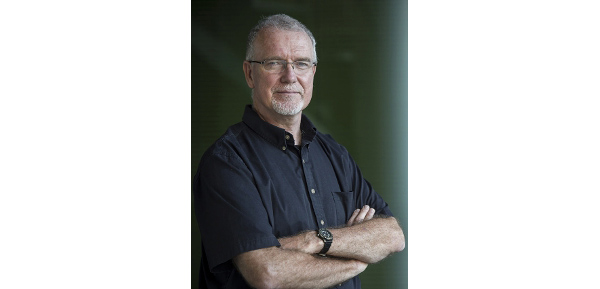
Programme
16.00: Arrival, coffee and tea
16.30: Welcome by Arjen Doelman, Director of Lorentz Center
16.40: Talk by Hal Caswell
17.10: Presentation of the Distinguished Lorentz Fellowship Award by Louise Gunning, Chair of the NIAS-Lorentz Advisory Board
17.30 – 18.30: Reception
DLF Talk: From individual Health to Health Demography
Our concern with health, as individuals, originates at the personal level, for ourselves and our families. Health demography asks how the health of individual lives translate into population-level patterns of longevity, healthy (or unhealthy) aging, and ways to measure those. The key to studying such patterns lies in demographic models of disease prevalence and incidence, causes of death, healthy longevity, and occupancy of health states. This project will develop such models; it will combine population projection matrices, Markov chains with rewards, multistate life tables, and sensitivity analyses, with implications for both human and animal populations. The mathematics is, for some of us, enjoyable for its own sake. However, the new methods will also provide important information for societal concerns with health, planning, and inequality. Here, I will give an overview of the questions and approaches to be explored in this project, and some hints of further directions.
Hal Caswell
Hal Caswell is Professor of Mathematical Demography and Ecology at the University of Amsterdam since 2013. He also holds research positions at the Woods Hole Oceanographic Institution (US), the Southern Denmark University and the Max Planck Institute for Demographic Research (Germany). Caswell is fellow of the American Academy of Arts and Sciences and recipient of numerous awards for his research, for example for his research which led to the listing of the polar bear as an endangered species.

About the Fellowship
The Distinguished Lorentz Fellowship (DLF) is awarded to a leading scientist working on research that brings together perspectives from the Humanities, Social Sciences, Natural Sciences, and Technological Sciences. It was set up by the Netherlands Institute for Advanced Study (NIAS-KNAW) and the Lorentz Center Leiden. The award consists of a residential fellowship at NIAS, an international workshop at the Lorentz Center and a personal prize of €10,000.
Previous Laureates
Previous DLF’s include archaeologist Corinne Hofman, biologist Franjo Weissing, mathematical economist Cars Hommes, and musicologist Henkjan Honing.
